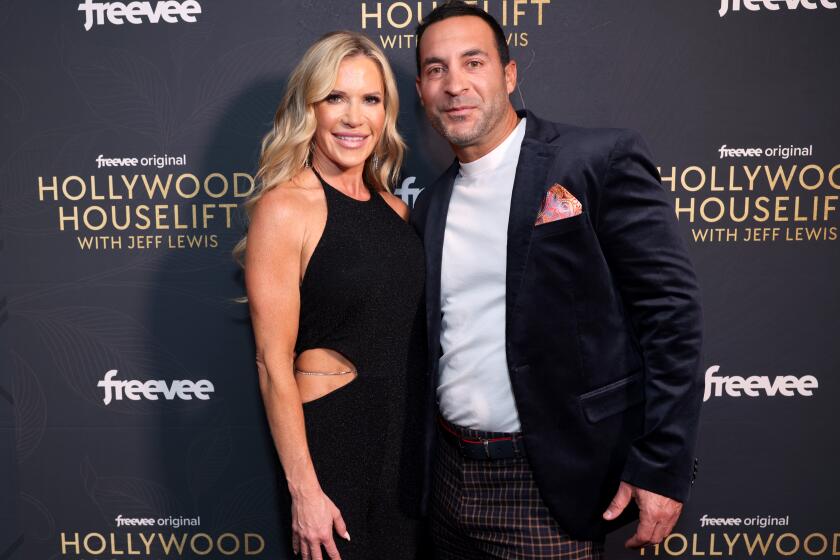Game Is Too Young to Die
Once upon a time in this country there was a game called baseball.
You would have loved it.
Green grass, bright sunshine, hot dogs, Cracker Jack. The cares of the world you left at the door. “Outta the lot, Hack!” “We’re wit ya, Carl, baby!” You were a kid again. No matter what age you were.
You brought the kids. It was an heirloom sport. Passed on from fathers to sons. Generation after generation. The baseball gene ran in families.
And the ballparks! You should have seen the ballparks! Lovely old Fenway Park. That left-field fence! The Monster! The Creature that ate pitchers. Ted Williams hit here.
You ever been to Fenway Park? A pity! Everyone should spend an afternoon at Fenway Park. It’s a part of Americana.
Then there was Yankee Stadium. The house that Ruth built. Opera lovers had La Scala. Balletomanes had the Bolshoi. Playgoers had the Old Vic. We had Yankee Stadium. There’s a monument to Babe Ruth in the outfield. “How about that!” Mel Allen would say.
The game had stars. Walter Johnson had a fastball you could only hit by Braille. Ruth hit more home runs himself than any team in the league some years. Nolan Ryan threw two no-hitters a year.
You loved to hear the infield chattering. “No hitter up there, Sandy! Throw him the deuce! Make him be a hitter, babe!”
Some of the best afternoons of your life were spent in a ballpark. The poet said the time spent in a ballpark, like fishing, didn’t count against your life span. No one could age in a ballpark. You got younger, not older. You could live forever in a ballpark. Someone once complained the game was too slow. Not for us. I never went to a ballpark in a hurry in my life. If you’re in a hurry, go to an airport, I’d tell them.
It was a game that Yogi Berra--ah, Yogi Berra!--once said ain’t over till it’s over. Not so dumb, at that. It’s a game without a clock, is what he’s saying. A football game can be over before it’s over. Not a baseball game. The gun doesn’t go off on you. You never run out of time, just outs.
What happened to this happy hunting ground, this magic isle in life? Where did all those summers go?
Well, it might have died in the summer of 1994. By its own hand.
No one could ever figure out quite why. It was the picture of health to the end.
It didn’t run out of sluggers, southpaws, speed burners, shortstops. It ran out of love. It didn’t die of old age, lack of interest, neglect. It died of a disease for which there is no known cure--stubbornness.
They all said they weren’t trying to kill baseball, they were trying to save it. Meanwhile, the patient died on the operating table. The tombstone should read, “Here Lies Baseball--Negotiated to Death.” It was an inglorious end for such a glorious tradition.
It was the victim of the oldest feud in the annals of sport--owners vs. players. It doesn’t matter what the issue is--salary cap, pensions, revenue sharing. If the owners are for a salary cap, the players are against it. If the players are for revenue sharing, the owners are against it. If the owners were against the man-eating shark, the players would be for it.
It’s nothing new. It’s as old as the game.
Owners were always rich men. Ownership was a hobby. But they couldn’t help applying business principles--if that phrase is not an oxymoron--to their hobby. They tried to make a profit. They were, after all, capitalists.
They managed to move the game outside the Constitution of the United States early on--1876, to be exact--when they instituted the “reserve clause,” which bound the services of five players to the parent club in perpetuity. Eventually, they expanded it to include all players. The players’ resistance was token at first. After all, it wasn’t considered a profession then. Most of them kept their day jobs.
But the players countered by trying to form a new league--in 1890 and again in 1914. Both leagues went spectacularly broke.
The owners held unbroken sway from 1920 to the mid-1960s when the players brought up a can’t-miss rookie.
Marvin Miller couldn’t hit the change-up, couldn’t bat .300, field .900, throw, catch or hit the curve, but he had what all the great ones from Cobb to Robinson had--a searing resentment of the Establishment verging on hatred.
The game was never the same after he joined it. Baseball’s were probably the last workers of the world to unite. Miller put together a union equivalent of the ’27 Yankees. They never lost a strike. Or a lockout.
Other factors played a part--most notably binding arbitration, which the owners put in themselves--but the bare facts of the matter are that, when Marvin Miller undertook to organize the players, the average big league salary was $19,000. Today, it is $1.2 million.
The even stranger truth is, even though it cost them astronomically more money to run the game, the owners ended up making more.
Most of them anyway. A whole cannot be greater than the sum of its parts and baseball is no exception. Historically, whenever a part began to threaten, the whole had a solution: Move it. There were always bright-eyed, bushy-tailed new towns slavering for big league baseball.
A lot of them have since managed to make do with pro basketball or pro football franchises. And moving doesn’t always prove a solution in the long run. The portable franchise started with Boston, which moved to Milwaukee in 1953 after its attendance bottomed out at 281,276. The Boston Public Library drew more.
The Braves went to Milwaukee, where they were to draw 2,131,488 two years later. However, 13 years later, after new ownership had announced a move to Atlanta as soon as was legally possible, they bottomed out at 555,586 and headed southeast. And there were times in Atlanta when that franchise was put in the window with a “make-offer” tag on it.
It was a great game. It’s too young to die. But those who love it were not consulted, the ones who collected the bubble gum cards, peeked through knotholes, bought the jackets, ate the Wheaties, waved the pennants, and said, “Say it ain’t so, Joe,” and introduced sons to the game. Who cared about them?
But what’s October without a World Series? Italy without a song? Paris without a spring? Canada without a sunset?
Once upon a time in this country, we had World Series. You would have loved them. Ruth pointing. Sandy Koufax curving. Pepper Martin stealing. Kirk Gibson homering.
You shoulda been here.
More to Read
Get our high school sports newsletter
Prep Rally is devoted to the SoCal high school sports experience, bringing you scores, stories and a behind-the-scenes look at what makes prep sports so popular.
You may occasionally receive promotional content from the Los Angeles Times.






